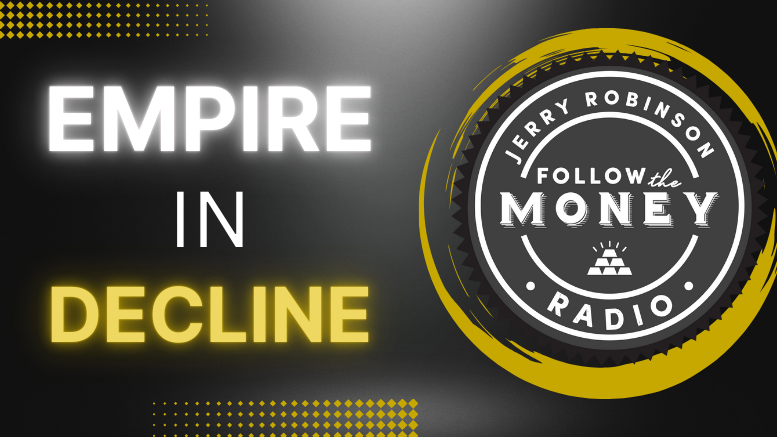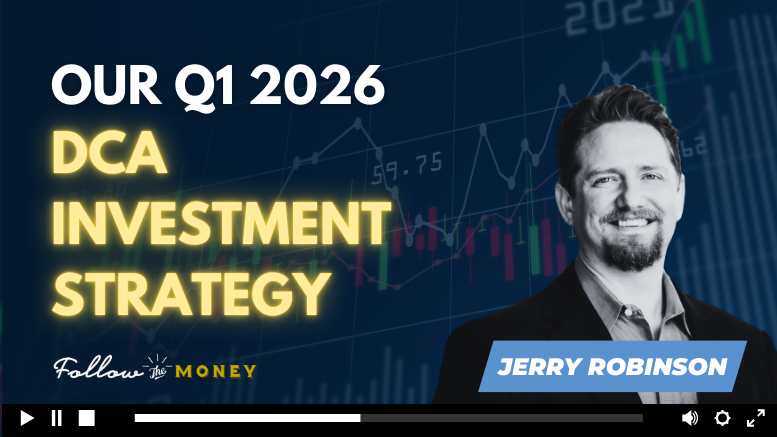by Jerry Robinson | FTMDaily Editor-in-Chief
HOUSTON, May 5
One of the greatest – and most imminent – challenges looming on America’s economic horizon is the threat of global peak oil production. You may have heard of the phrase “peak oil” from television, newspapers, or other media sources. But what exactly does “peak oil” mean? Well, just like everything else, there is a simple answer and a more complex answer.
Let’s begin with the simple answer first. “Peak oil” is a theory that basically goes something like this:
‘PEAK OIL’ DEFINED: The oil trapped beneath the surface of the earth exists in a limited supply. It is non-renewable and therefore its supply is finite. Because the amount of oil under the earth is limited, eventually readily available oil supplies will decrease. As these supplies decrease, it becomes more expensive to extract oil from the earth. As the amount of oil available to humanity becomes harder to extract, it will lead to declining oil production. Declining oil production will make each barrel of oil more expensive, due to increasing global demand for oil. Higher prices will hurt the global economy and will eventually require the globe to discover and implement alternative energy sources.
Over the years, many people have mistakenly thought that ‘peak oil’ is the theory that the world is running out of oil. Let me be the first to say that the world is not running out of oil. The world has tremendous amounts of remaining oil supplies to be tapped. In fact, it is highly probable that the earth will never completely be sucked dry of its petroleum (oil) reserves. So let me emphasize this point: The problem is not that the world is running out of oil; rather, the world is running out of cheap oil.
Peak Oil vs. Cheap Oil
There is a huge difference between ‘peak’ oil and ‘cheap’ oil. What America, and indeed the world, has built their economic infrastructures upon is ‘cheap’ oil. To give a proper definition of cheap oil, I need to first explain another term – something known in the petroleum industry as Energy Return on Energy Invested (EROEI.)
EROEI is simply a petroleum industry term for determining the return on investment, also known in the financial industry as ROI (return on investment.) In financial terms, if you invested one dollar into a company and it provided you with an annualized return of 25%, you would get back $1.25 for your one dollar invested. This is similar to the EROEI concept, except with EREOI we are measuring the amount of energy spent as compared to the amount of energy extracted from the earth. This ratio is used by petroleum companies to determine the feasibility of drilling in a particular oil field. If the amount of energy an oil company will require to drill will end up costing less than the energy that they will obtain, they are likely to proceed with the project. However, if the amount of energy required to drill will cost more than the oil company could potentially extract, this is an example of negative EROEI. Just a few decades ago, when several new oil discoveries were being made, some of those new oil fields could produce an EREOI of 200. This means every dollar of energy invested could provide a return of $200 in energy! That is obviously an incredible return on investment and these types of returns easily explain much of the enormous oil wealth that we have seen throughout history. Oil that can be explored and produced with a high EREOI has the potential to provide a high rate of return to oil companies. This potential for high profits is a powerful motivating factor to continue exploring and producing.
When EROEI is running at a high level, it typically leads to ‘cheap’ oil supplies. However, as the EROEI falls, this is known as ‘peak’ oil. In essence, the energy costs of extracting new energy sources from the ground begin increasing until it no longer makes economic sense to continue drilling.
Over the last several decades, global oil supplies, for the most part, have been plentiful, readily accessible, and therefore, relatively inexpensive – or ‘cheap.’ Oil companies, and energy investors, love ‘cheap’ oil sources because they increases their profits, due to high EREOI, by decreasing their exploration and production costs. Businesses love ‘cheap’ oil because it stabilizes their costs of doing business, drives down transportation costs, can allow them to create or employ innovative technologies, and can generally increase their bottom line. And, of course, consumers love cheap oil because it lowers their monthly energy costs, leaving them more money for other types of consumption.
What the ‘peak oil’ theory proposes is that the globe is nearing the end of ‘cheap oil’ supplies.
Currently, we are living in a time when EREOI is declining at a fairly steady rate around the globe. According to the ‘peak oil’ theory, the energy supplies under the ground will eventually become too expensive to extract; that is, their EROEI will become too low, or even negative! And that is why I said earlier that the earth will never ‘run out of oil.’ It will simply run out of ‘cheap oil’ because energy companies will refuse to extract oil out of the ground at an unreasonably low rate of EREOI.
Sadly, this topic of declining global oil production is one that has been generally ignored by the American public.
Tomorrow: Peak Oil 101: Q&A with Jerry Robinson
Here at FTMDaily.com, we are working hard to create solutions for you during these difficult times of economic crisis. We invite your feedback and comments on how we may serve you better. Feel free to contact me directly at jerry@ftmdaily.com.
In The News Today…
1. CURRENCY UPDATE: The euro nears a 17- month high against the dollar… The British pound is trading near a 13-month low versus the euro… The Yen is strengthening.
2. SILVER SLIDES: The biggest slump for silver since 1983 may not be over as the Comex exchange in New York makes it 84 percent more expensive for speculators to trade the metal, triggering an exit by investors. Buying opportunity just around the corner…
3. AG-FLATION: World food prices rose to a near record in April as grain costs advanced, adding pressure to inflation that is accelerating from Beijing to Brazil.
4. DOLLAR DROP: Officials from China, Japan, and South Korea agreed on Wednesday to study a proposal to use their own currencies for regional trade settlement instead of the U.S. dollar, according to a Dow Jones Newswires report.
5. “JOBLESS RECOVERY”: New U.S. claims for unemployment aid unexpectedly rose last week to touch their highest level in eight months…
Finally…
The Economic Collapse blog has put together a list of some of the best areas in the United States to live in the event of a total economic collapse. You can read it here.
Why So Serious?…
It’s time to laugh a little. Here’s a sampling from some of the late-night jokers.
“The man who invented the teleprompter has died at the age of 91. When he heard the news, President Obama was speechless.” –Jay Leno
“Intelligence experts think Osama bin Laden lived in the compound in Pakistan with all of his wives for six years. So I guess he did suffer.“ –David Letterman
“NATO bombed Gadhafi’s compound in Tripoli. The bombing damaged countless antique rugs and curtains, leaving Gadhafi with absolutely nothing to wear.” –Jay Leno
“There’s already been some trouble for Osama bin Laden in the afterlife. There was a mix up and he was greeted by 72 vegans” –David Letterman
Until tomorrow,
Jerry Robinson – FTMDaily.com
____________________________________________________
Jerry Robinson is an economist, published author, columnist, international conference speaker, and the editor of the financial website, FTMDaily.com. In addition, Robinson hosts a weekly radio program entitled Follow the Money Weekly, an hour long radio show dedicated to deciphering the week’s economic news.
You can read the latest
her






